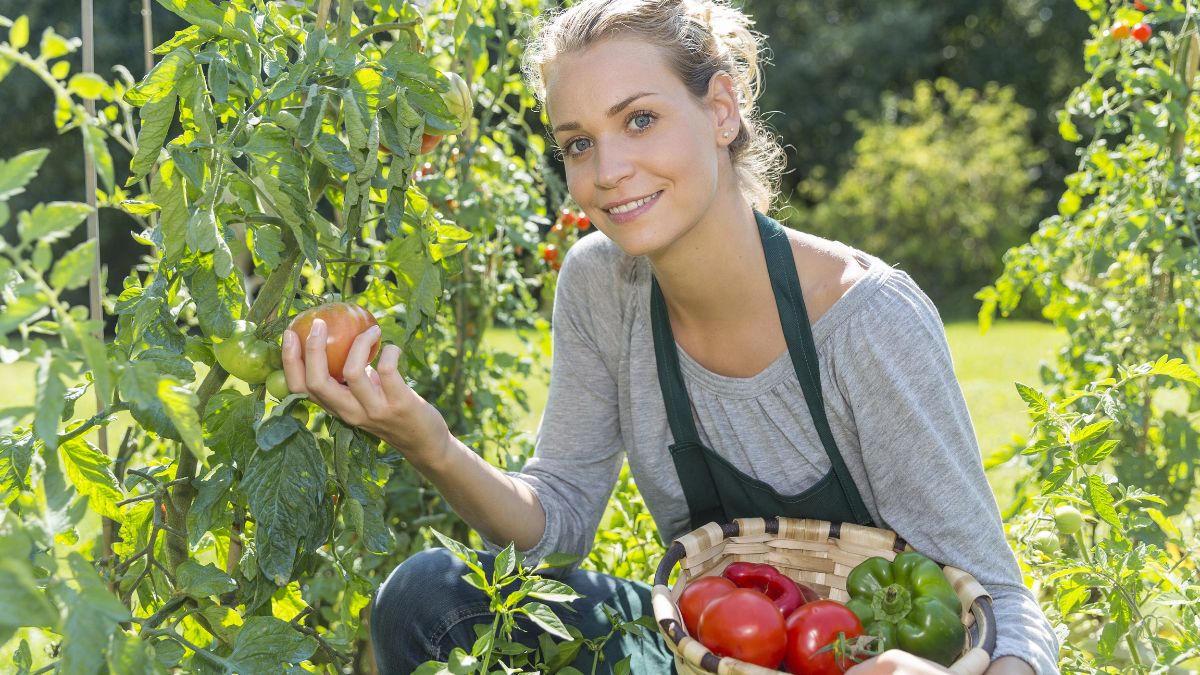15 Reasons Starting a Sustainable Garden Is the Best Decision You’ll Make Outside
Growing your own garden is more than just planting seeds; it’s a step toward a healthier life and a better planet. A sustainable garden uses natural methods to protect the environment, save resources, and grow food that helps the earth thrive.
Whether you have a big backyard or just a few pots on a balcony, anyone can make their garden more eco-friendly. It’s good for your health, wallet, and the world. Here are some great reasons to grow a sustainable garden.
Helps Reduce Food Waste
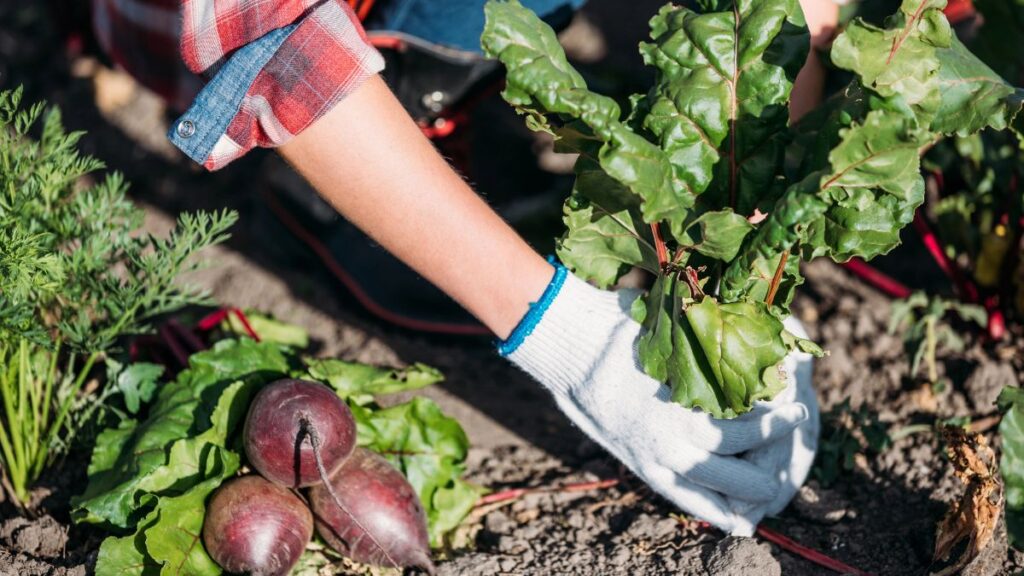
When you grow your own food, you’re more likely to use what you harvest. You’ll pick only what you need, which means less food goes to waste.
Homegrown produce also lasts longer than store-bought options. Plus, gardening helps you appreciate the effort it takes to grow food, so you’re less likely to throw it away. A sustainable garden teaches better habits that cut down on waste.
Supports Pollinators
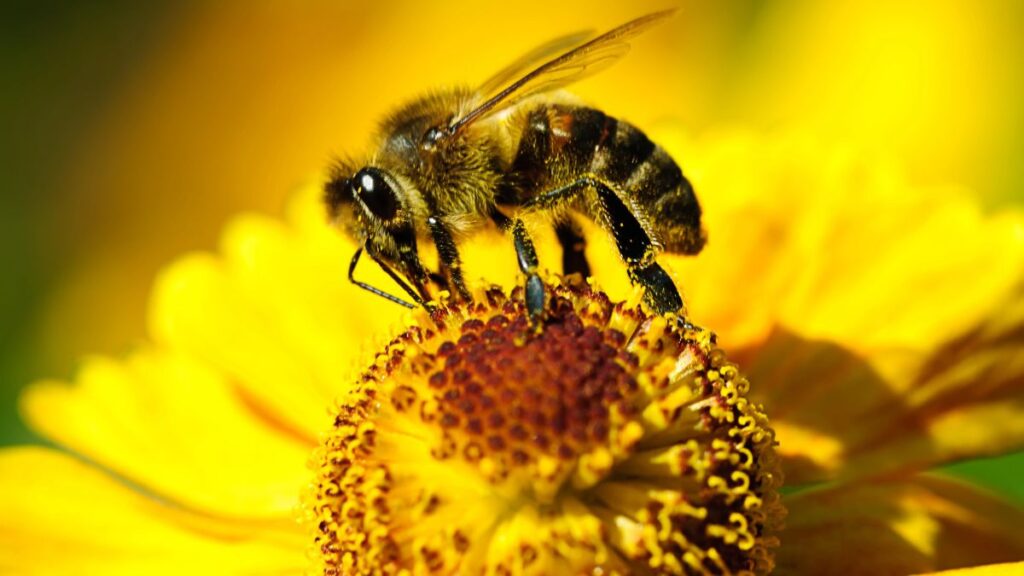
Sustainable gardens often include flowers and native plants that attract bees, butterflies, and other pollinators. These helpful insects are essential for healthy crops and wild plants.
By growing plants without harmful chemicals, you’re giving pollinators a safe place to thrive. This not only helps your garden bloom but also supports local ecosystems. A garden full of buzzing life is a strong sign of success.
Cuts Down on Plastic Use

Growing your own herbs, fruits, and vegetables means fewer trips to the store—and fewer plastic containers or bags. Most store-bought produce comes in plastic packaging, which ends up in landfills.
By harvesting straight from your garden, you reduce your need for packaged food. This simple switch helps protect the environment from unnecessary plastic waste. It’s one small change that adds up over time.
Saves Water
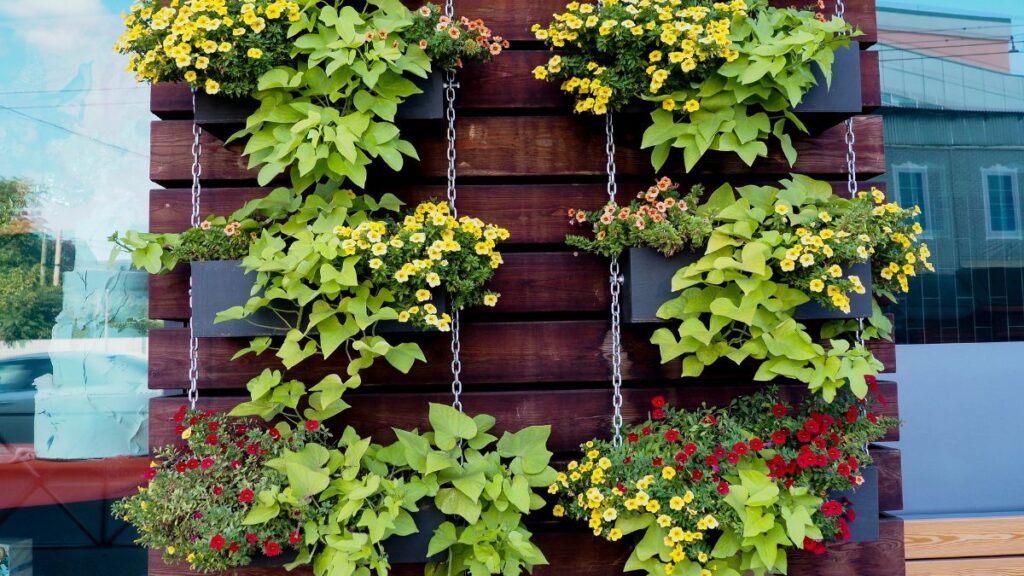
Sustainable gardening often includes smart watering techniques like using mulch, collecting rainwater, and planting drought-resistant crops. These methods help conserve water while keeping your garden healthy.
Over time, you’ll use less water and reduce your utility bill. This is especially important in areas where water is limited. A well-designed garden can thrive without wasting resources.
Reduces Air and Soil Pollution
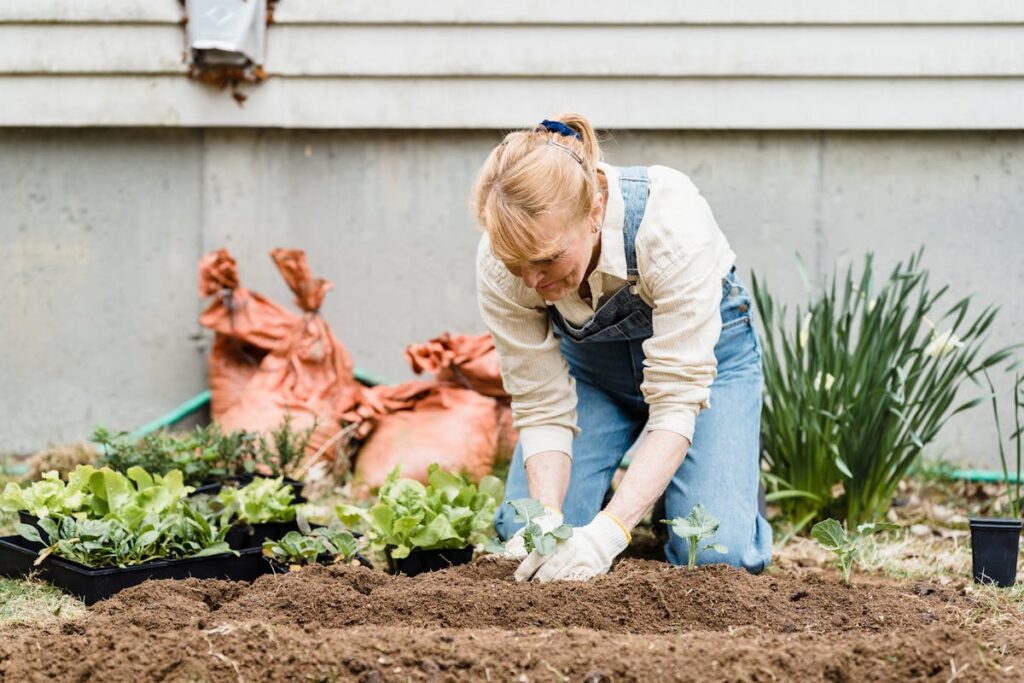
Chemical fertilizers and pesticides can harm the soil, water, and air around your home. Using natural compost, mulch, and organic methods, a sustainable garden avoids harsh chemicals.
This keeps your garden healthier and safer for your family, pets, and wildlife. Over time, your soil becomes richer and more balanced. Cleaner gardens lead to cleaner communities.
Encourages Healthy Eating
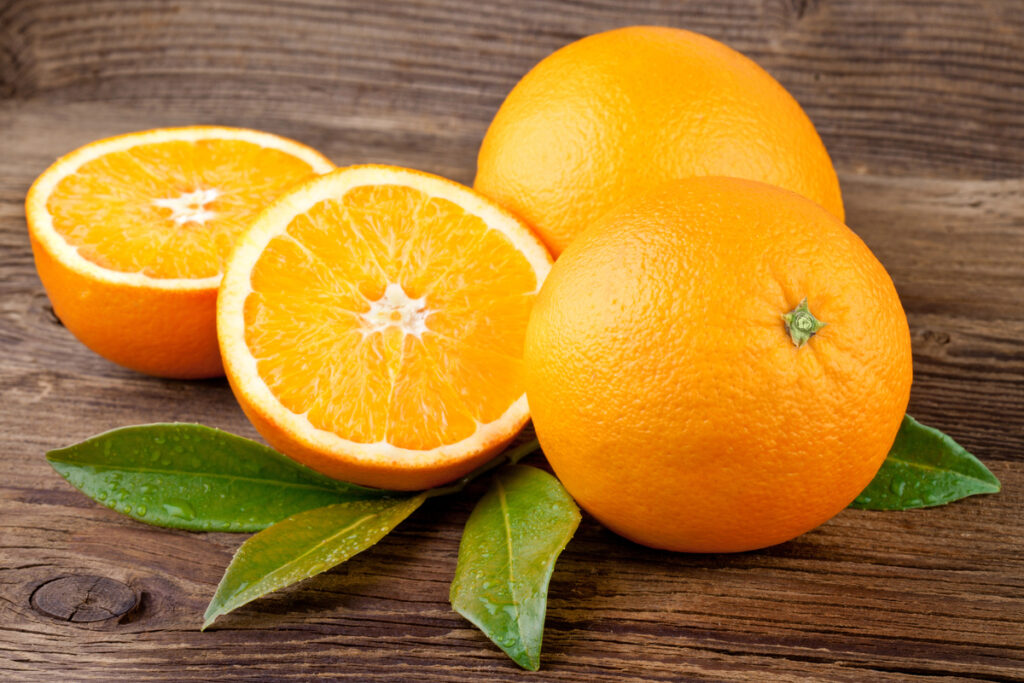
When fresh produce is just steps away, eating fruits and vegetables every day is easier. You’ll be more likely to snack on a tomato or make a salad when the ingredients are right outside your door.
Gardening also helps you know exactly how your food was grown. This can encourage better food choices for you and your family. A garden makes eating healthy easy and enjoyable.
Saves Money on Groceries
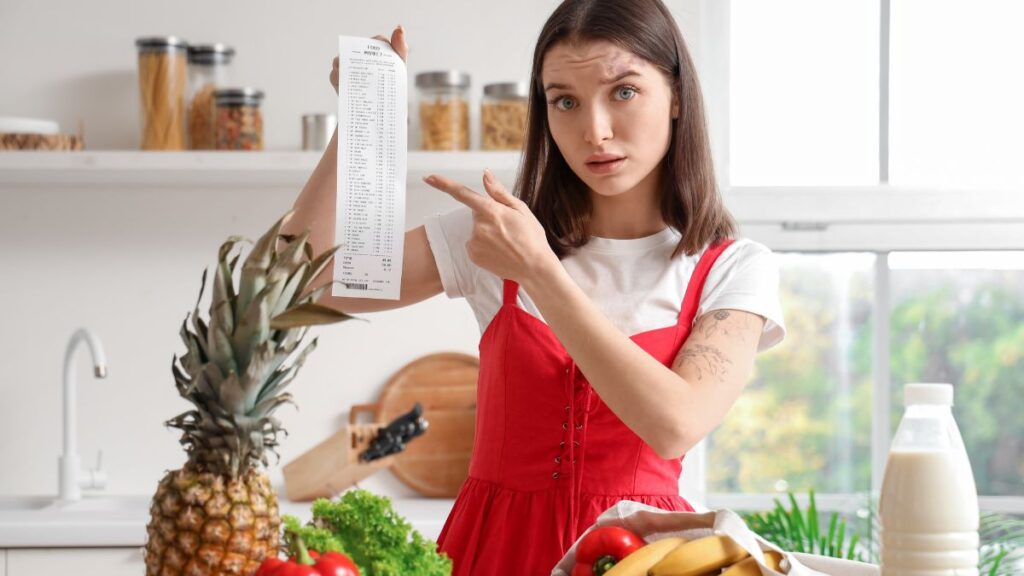
Once your garden is up and running, it can provide a steady supply of herbs, veggies, and even fruits. This reduces how much you need to spend at the grocery store.
While there’s some cost upfront, sustainable gardening saves money in the long run. You can also grow expensive or specialty foods at a much lower price. Fresh food from your own yard is free and fresher.
Reduces Your Carbon Footprint
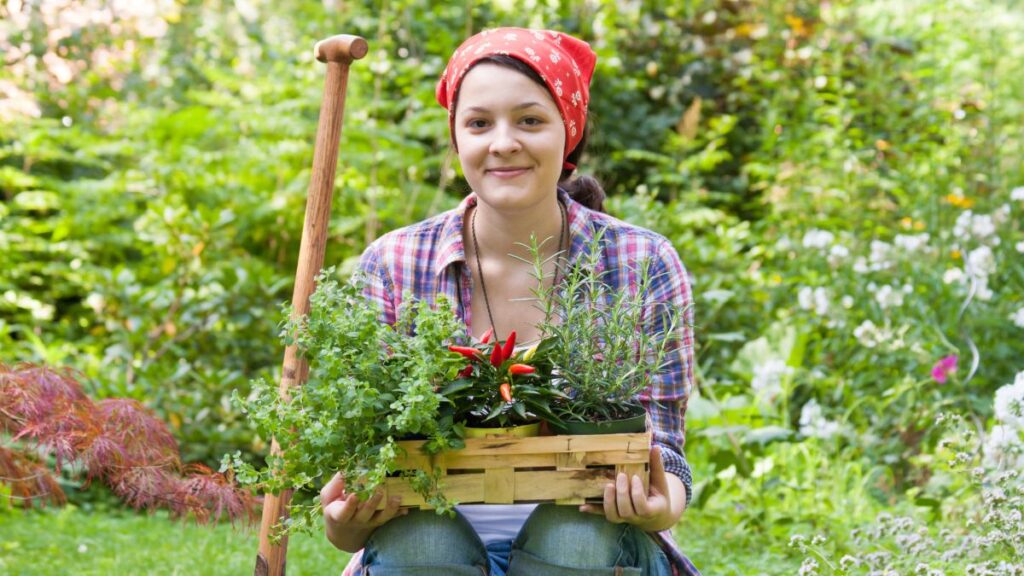
Transporting food from farms to stores uses gas and energy, which adds to pollution. Growing food at home cuts out the transportation and lowers your carbon footprint.
Even small gardens can make a difference. Choosing local, sustainable options is one of the best ways to fight climate change. Every garden helps create a cleaner planet.
Builds Stronger Soil
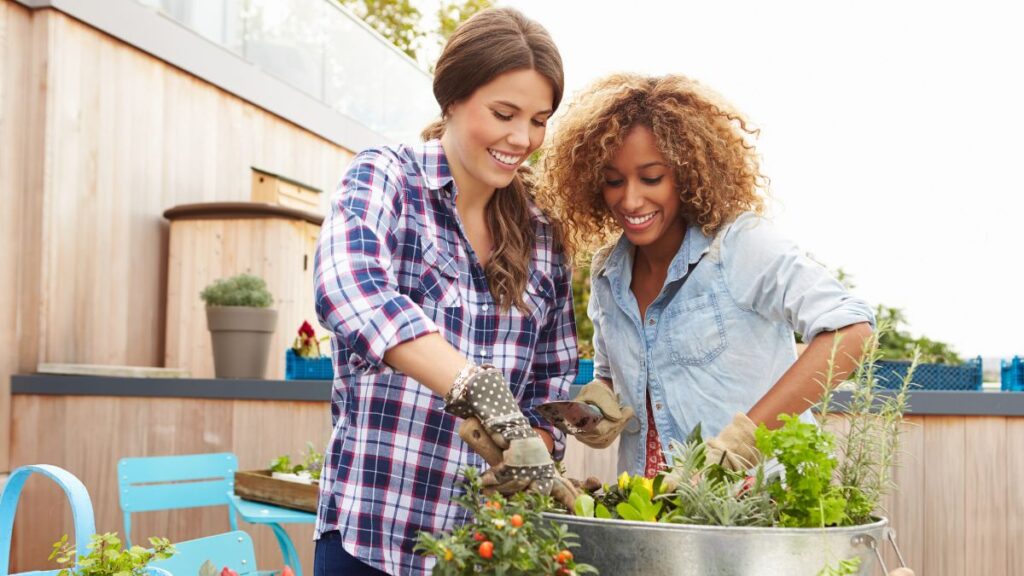
Sustainable gardening focuses on feeding and protecting the soil with compost, cover crops, and natural fertilizers. Over time, this improves the structure and health of your soil.
Healthy soil holds water better and provides more nutrients to your plants. It also stores carbon and supports microorganisms that help your garden grow. Good soil is the foundation of a strong, sustainable garden.
Connects You to Nature
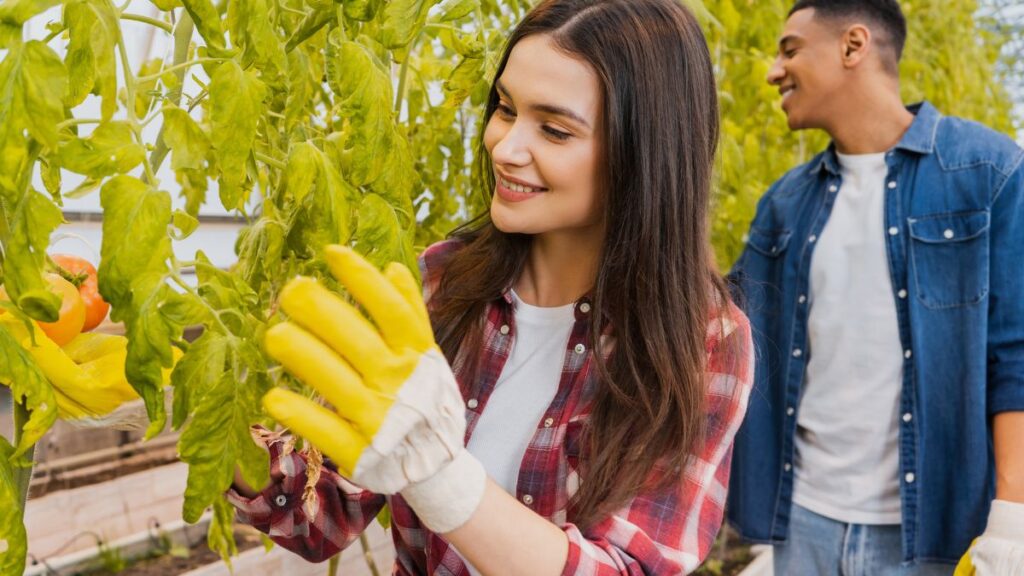
Spending time in a garden helps you feel more connected to the natural world. You’ll notice the seasons, weather, and wildlife in a new way. Gardening gives you a reason to go outside, slow down, and enjoy simple things. It’s calming and grounding, which helps reduce stress and improve your mood. A sustainable garden brings peace as well as produce.
Supports Local Wildlife

When you include native plants and skip pesticides, your garden becomes a safe space for birds, insects, and small animals. These creatures play a key role in balancing the ecosystem.
A sustainable garden is part of a larger web of life, helping support biodiversity. Even a small garden can become a haven for wildlife. Sharing your space with nature is a beautiful way to give back.
Makes Good Use of Kitchen Scraps
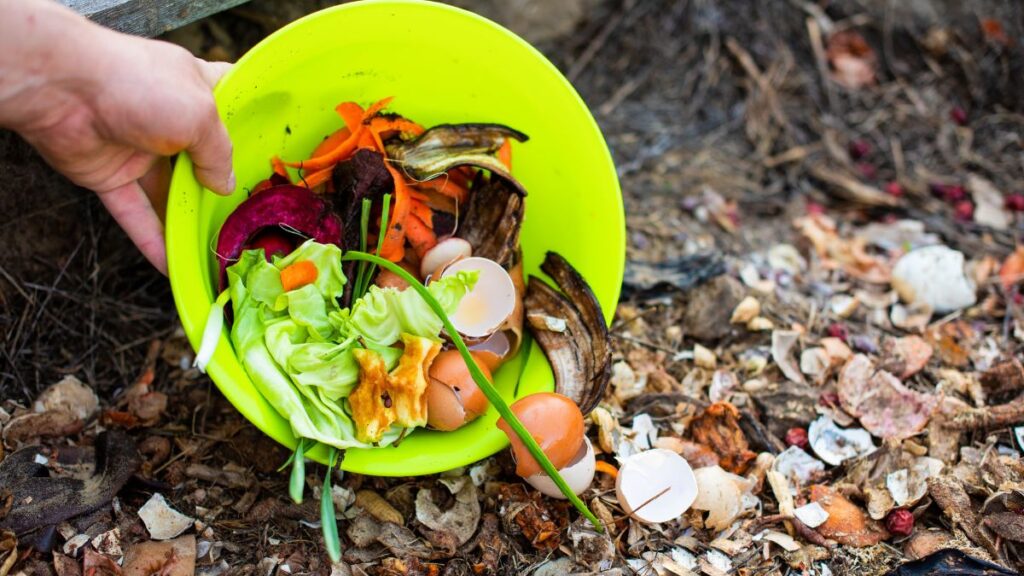
Instead of tossing food scraps in the trash, you can turn them into compost for your garden. Composting returns nutrients to the soil and keeps waste out of landfills.
Fruit peels, coffee grounds, and vegetable ends become rich food for your plants. This natural recycling system saves money and improves your garden. Turning waste into growth is at the heart of sustainability.
Teaches Kids Valuable Lessons
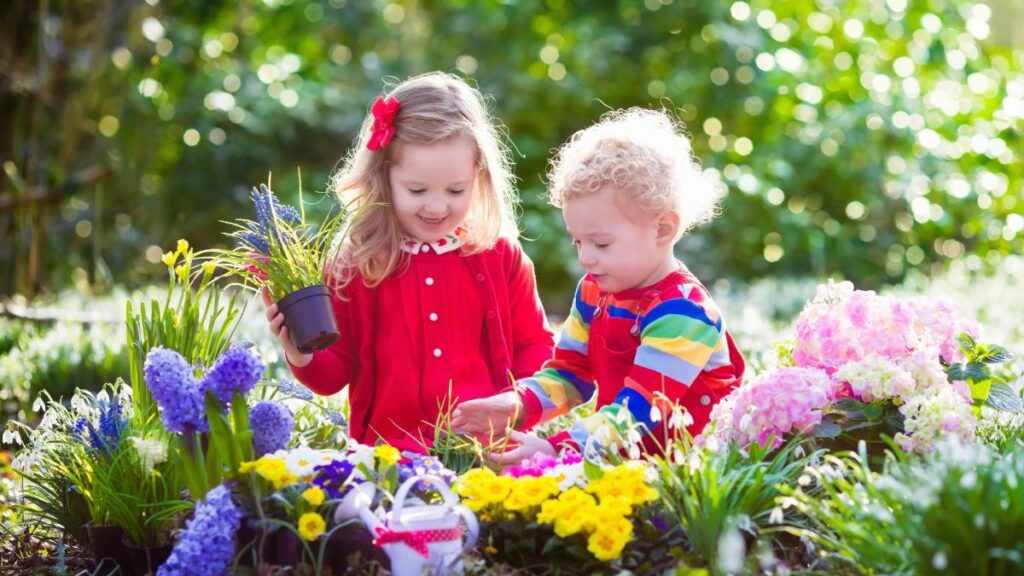
Gardening with children is a fun way to teach them about where food comes from and how nature works. It also shows them the value of patience, responsibility, and care.
Kids are more likely to try healthy foods if they help grow them. A sustainable garden becomes a living classroom. It’s an experience that builds good habits and deep respect for the earth.
Provides a Sense of Purpose
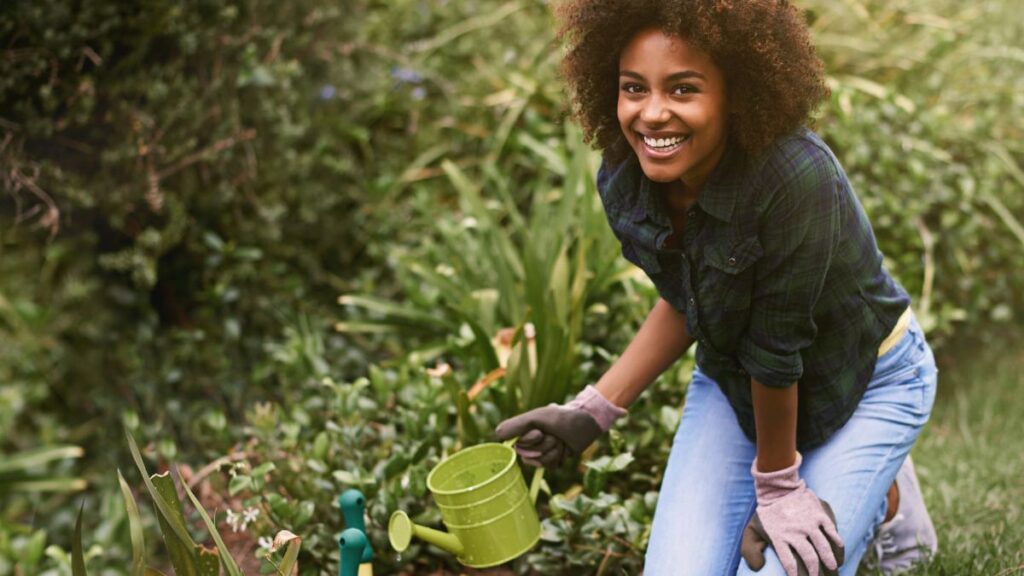
Tending to a garden gives you something meaningful to care for and watch grow. Checking on your plants or harvesting food can lift your spirits even on hard days.
Knowing you’re helping the planet and improving your health adds a deeper satisfaction. Gardening creates purpose and pride in everyday actions. Small steps in the garden can bring big joy.
Prepares You for the Future
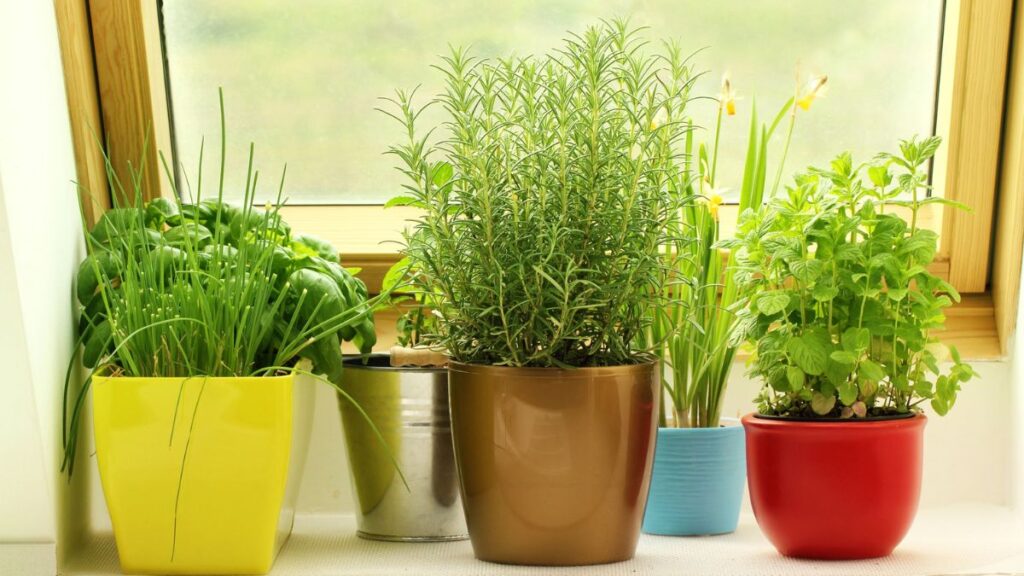
Learning to grow your own food gives you valuable, practical skills in uncertain times. Whether you’re dealing with rising food costs or supply chain issues, a garden offers security.
It’s a way to be more self-sufficient and prepared. A sustainable garden builds resilience for you, your family, and your community. Growing your own food is a powerful act of independence.
Related: 15 Clever Hacks To Reduce That Never-Ending Grocery Bill

Managing grocery expenses can be challenging for many households, especially with rising food costs and fluctuating budgets.
However, with some creativity and resourcefulness, you can implement numerous clever hacks to reduce your never-ending grocery bill without sacrificing the quality or variety of your meals.

